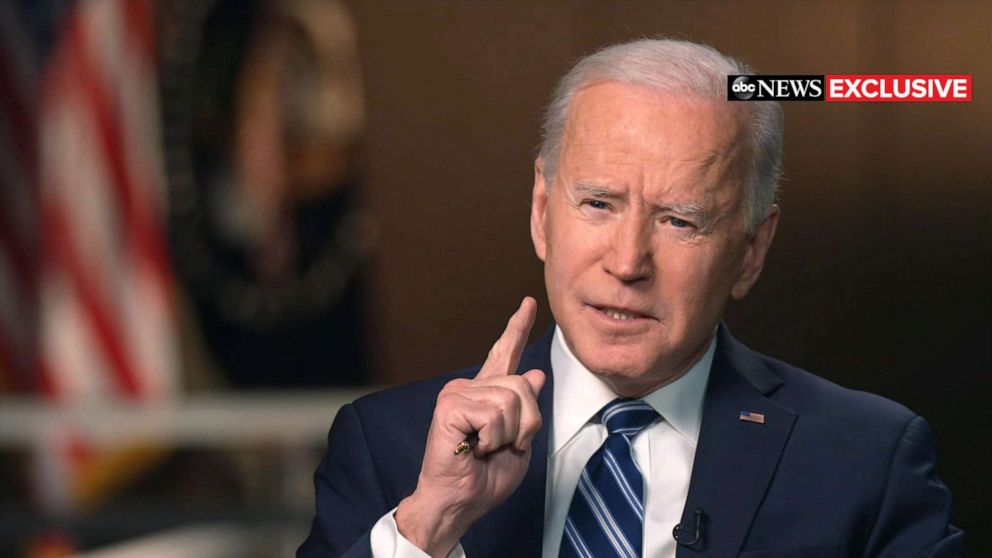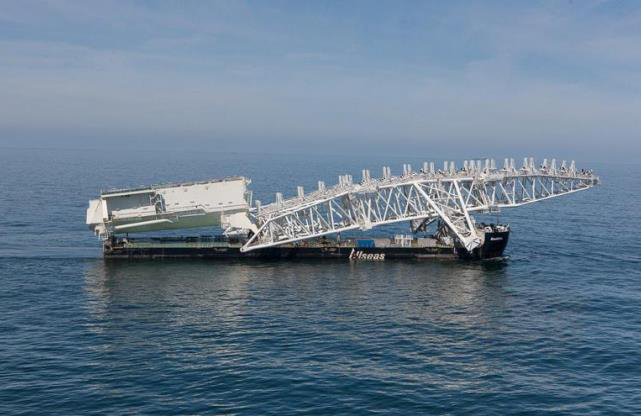Twój koszyk jest obecnie pusty!
A Winter without Coal. Commentary for New Eastern Europe
Without providing much reason, Russia stopped yesterday its coal deliveries to Ukraine. Taking advantage of the circumstances, the Kremlin is using another tool to destabilise the country with which it is in an unspoken state of war. Deliveries to DTEK, an energy holding owned by Rinat Akhmetov and to PJSC Centrenergo have been halted, as…

Without providing much reason, Russia stopped yesterday its coal deliveries to Ukraine. Taking advantage of the circumstances, the Kremlin is using another tool to destabilise the country with which it is in an unspoken state of war.
Deliveries to DTEK, an energy holding owned by Rinat Akhmetov and to PJSC Centrenergo have been halted, as Ukrainian minister of energy, Yuriy Prodan, informed the public on November 24th 2014. Kyiv reported shortages of anthracite and semi-anthracite which it used to get from mines located in Donbas and which ceased to operate once the war started. Currently, Ukrainian government does not have access to the large stores of coal located in Donbas, estimated at two million tons.
This is why Ukraine launched an additional import from Russia and South Africa. Unfortunately, deliveries from South Africa were questioned by the Opposition Bloc (colleagues of Viktor Yanukovych) which states that coal from Africa was three times more expensive than its open market value. The Ministry of Energy and Coal Industry of Ukraine and prosecutor’s office have been investigating this issue but so far, there has been no-one guilty. A scandal, however, pushed the South African company to withdraw from the agreement with the Ukrainian government as it was afraid of its image. Russia took advantage of this situation and decided to cut its own deliveries leaving Ukraine without coal. The problem could be solved only by bilateral, unfavourable for Ukraine, agreement between Kyiv and Moscow or a mediation of the European Commission. The latter, however, will be a time-consuming procedure and it does not guarantee a fruitful solution either.
Read also: Don’t Give our Gas Mistrals to Russia
Kyiv needs at least one million tons of coal per month to fulfil Ukraine’s energy demand. Since August of this year, Kyiv imported 1.3 million tons of coal from Russia. Now, coal has become a crucial source of energy in Ukraine since exploitation of natural gas (also in Russia) has been drastically limited. It also helps to lower dependence on Gazprom and focus on buying gas from Europe through a reverse flow.
Although the recent agreement with Russia on gas deliveries is quite shaky and conditional, Russia is still politically obliged to respect it. Thus, Moscow is now using coal as a tool of destabilisation and cuts its export to its neighbouring state at the time when it is particularly needed. Lack of transparency of Ukrainian energy sector, what makes it unattractive for western investors, only helps Moscow in the implementation of its plans. The government declares that it will introduce a new energy law in accordance with the acquis communautaire. Despite for a strong social mandate for such a change, no real steps have yet been made to change the current state of affairs.
Manipulation with coal deliveries will also have an impact on Ukraine’s gas sector as Kyiv may be forced to order more quantities of gas from Russia. Prior to coal deliveries cuts, it was supposed to order 1.5 billion of cubic metres by the end of the year and 1 billion of cubic metres by the end of March 2015. But now, these amounts may be changed. Ukraine will face additional costs to be paid to Gazprom if it wishes to receive firm gas deliveries in winter. This, however, will be only possible if Ukraine pays off its debt to Gazprom by the end of 2014.
Read also: Not Existing Gazprom’s Projects
Russian energy intrigues can be seen also in different areas. As a result of Russian lobbying, Hungary keeps blocking reverse flow to Ukraine until “Hungarian stores are packed with gas”. However, it is Gazprom that fulfils Hungarian stores with the “blue fuel” thus this decision de facto depends on Russia. Russia put recently additional pressure on Ukraine by declaring a launch of a construction of the Black sea section of South Stream in December of this year. Although it was already significantly delayed, a vision of another gas pipeline bypassing Ukraine is a powerful leverage in the Kremlin’s hands.
Źródło: New Eastern Europe





Leave a Reply